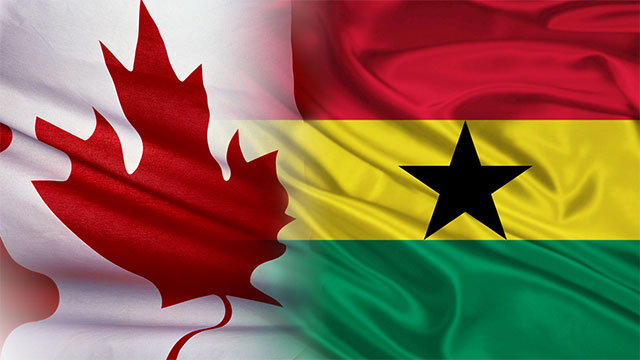Africans in the Diaspora are charged twice the global average in taxes to send money to relatives back home, a recent study has revealed.
Africans face the highest remittance fees globally, regularly paying a “super tax” to send money home at a cost that hurts families and holds back development in the world’s poorest continent, says the London-based Overseas Development Institute (ODI).
Research conducted by ODI show that for every $200 or £119 transferred to Africa from overseas, senders were charged an average of 12%.
Imposing such high remittance fees from hard-earned income is hurting the African Diaspora
The global average set by the G-20 nations in 2014 is a 5% tax rate and this means that the African Diaspora is being charged twice the global average.
According to ODI, if money transfers to Africa were charged at the global rate, this could save over $1.8bn, enough to put 14 million children through primary school, or provide clean water to 21 million people.
“This remittance super tax is diverting resources that families need to invest in education, health and a better future,” said the report’s co-author, Kevin Watkins.
Higher taxes on money transfers could limit the amount of money sent.
According to charity group, Comic Relief, this trend “hurt” communities and relatives depending on these funds.
“It is undercutting a vital lifeline to hundreds of thousands of poor families in Africa. Africans living in the UK make huge sacrifices to support their families, yet face charges which are indefensible in an age of mobile banking and internet transfers,” Watkins said.
Africans living abroad make huge sacrifices to support their families back home, yet face charges which ODI argues, are indefensible.
“Imposing such high remittance fees from hard-earned income is hurting the African Diaspora and, more importantly, their families and communities in the countries of origin,” Siddo Deva of Comic Relief told reporters.
ODI blames the rise in taxes for money sent to Africa on restricted or weak competition, as a result of “exclusivity agreements” between money transfer operators, agents and banks, and flawed financial regulation contributed to pushing charges higher, ODI said.
Companies like Moneygram and Western Union account for about two-thirds of remittance payout locations in Africa.
ODI’s research also pointed out that there is a lack of transparency over commercial agreements between Moneygram and Western Union, and banks, and regulatory practices that restrict market entry.
However, Moneygram and Western Union say local taxes determine how the fees were set, and that ODI figures were not representative.
“We do not recognise these numbers as they are. Moneygram charges depend on how much money is being sent,” a Moneygram statement stated.
“Our pricing varies between countries depending on a number of factors such as consumer protection costs, local remittance taxes, market distribution, regulatory structure, volume, currency volatility, and other market efficiencies,” Western Union said in a statement.
The report also said there was no fee for money transferred online from Britain for a cash payout in Africa when done through the sender’s bank account.
The money transfer giants say prices have been coming down “quite dramatically” over the last decade because of digitalisation.
“Our pricing varies between countries depending on a number of factors such as consumer protection costs, local remittance taxes, market distribution, regulatory structure, volume, currency volatility, and other market efficiencies,” a Western Union statement read.
“These factors can impact the fees and foreign exchange rates offered by corridor and service type.”
But ODI argues that with aid set to stagnate, remittances are set to emerge as an increasingly important source of external finance.
In 2013, remittances to Africa were valued at $32 billion or around 2 percent of gross domestic product. In 2016, they are projected to rise to more than $41 billion, ODI said.
Although it can be even more expensive to transfer money within Africa, Western Union says that the average global revenue it earned from transferring money was 5-6 percent of the amount sent.
Migrant workers from Mozambique pay charges as high as 20 percent to send savings home from South Africa, the report said.
ODI’s research does not account for the costs to Moneygram and Western Union, which include logistics and expensive cash handling processes.



